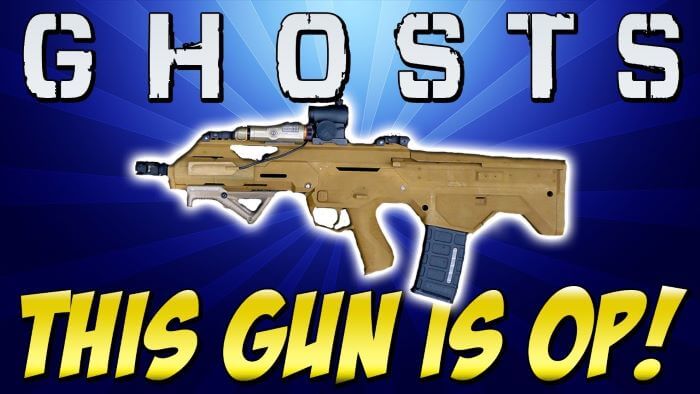“OP,” short for “Overpowered,” is a term predominantly associated with the gaming world, notably popularized by the game PUBG (PlayerUnknown’s Battlegrounds). In gaming, it serves as a concise way to describe elements within a game, such as characters, weapons, abilities, or strategies, that exhibit an excessive degree of strength or dominance.

Different types of OP
Strength and power to destroy is not the only thing that makes a character OP. The other situations or states where we can use OP for a character are listed below:
- Intelligence: The power of mind is a common form of OP. It can be used for characters or people who are way too smart, e.g. an intelligent hacker who can control the world’s weapons systems and bring down countries to their knees and a smart thief who always remains one step away from the police, etc.
- Luck: It is a unique type of OP that is not liked with intelligence or strength. For example, in video games, you may be lucky enough to get rare items, and weapons and escape from damage, accidents, attack, etc.
- Emotion: It can be considered a most powerful form of OP that increases the power of someone already strong, powerful and intelligent. For example, a male character in the Shounen anime becomes more aggressive and powerful while seeing the villain killing his loved ones.
Other Meaning of OP
| Context | Alternative Meanings of OP |
|---|---|
| Gaming | Overpowered |
| Internet Forums | Original Poster |
| General Usage | Other People |
Overpowered in Different Media
“Overpowered” (OP), a concept prevalent across various media forms signifies exceptional dominance or strength within a story’s context. In video games, it applies to characters, items, or abilities that make gameplay easier. In literature, overpowered characters wield extraordinary powers, potentially disrupting plot balance.
Artifacts can also be overpowered plot drivers. In movies and TV, overpowered characters, especially villains, challenge storytelling by diminishing threats.
The Evolution of Overpowered
The evolution of “overpowered” (OP) has traced a path from early video games with limited concerns about imbalance to the present day, where it’s a central topic in gaming and pop culture. Key developments include:
- 1980s – Early Video Games: Imbalance was rare due to simpler gameplay.
- Late 1980s – Early 1990s – RPGs: Character progression and powerful items became prominent, emphasizing the need for balance.
- 1990s – Early 2000s – Multiplayer Games: Competitive multiplayer games led to intense debates about balance.
- Mid-2000s – Late 2000s – Expanding Abilities: Games introduced complex abilities, leading to discussions about overpowered strategies.
- 2010s – Present – Online Communities: Online platforms fueled extensive discussions, impacting game development.
- 2010s – Present – Streaming and eSports: Professional gamers showcased powerful tactics, influencing the meta and balance discussions.
- 2010s – Present – Narrative-driven Games: Balancing character abilities with storytelling became crucial.
- 2010s – Present – Broader Pop Culture: “OP” extended beyond gaming, becoming a cultural reference.
Conclusion
In conclusion, the concept of overpowered characters is a dynamic and evolving element in the world of gaming and storytelling. As technology advances and creative narratives continue to develop, the role of overpowered characters is poised for transformation. Striking a balance between empowerment and challenge, integrating overpowered characters into immersive narratives, and adapting to changing player expectations will be key considerations in the future.
FAQs About OP
In the context of gaming and pop culture, “overpowered” refers to a character, item, ability, or situation that is exceptionally strong or dominant, often to the point of imbalance within the game or story.
“OP” is widely used in the gaming community to discuss imbalances in video games. However, it has also extended its usage to describe exceptionally strong elements in various media forms, including literature, movies, and TV shows.
Balancing overpowered elements is crucial in gaming to ensure fair competition, maintain challenge, and provide an enjoyable experience for all players. Overpowered elements can disrupt the intended gameplay experience.
Game developers often release patches, updates, or balance changes to address overpowered elements based on player feedback and data analysis. They aim to create a more balanced and competitive gaming environment.



















